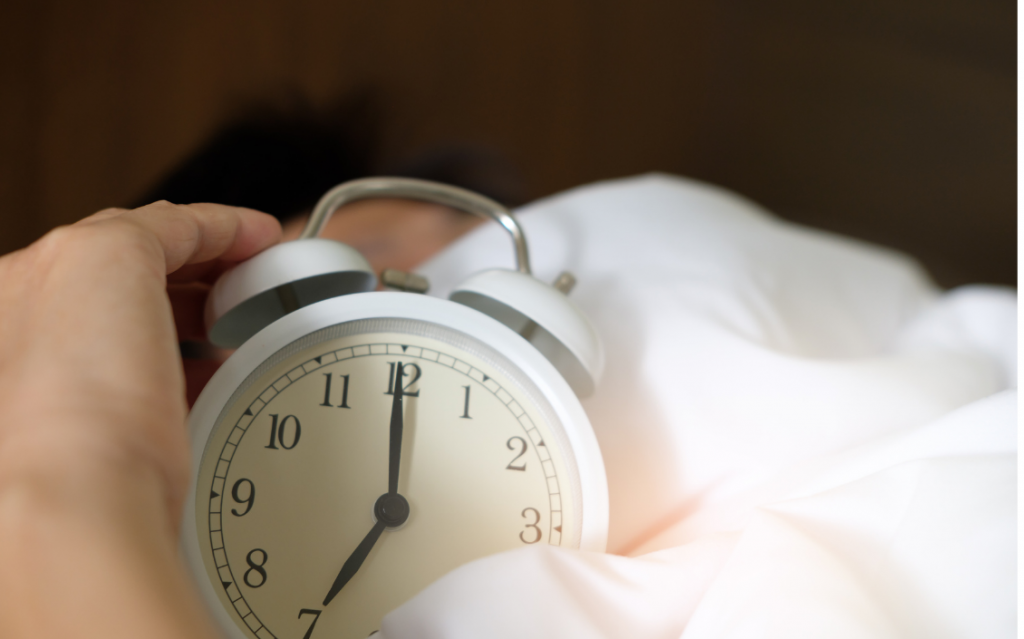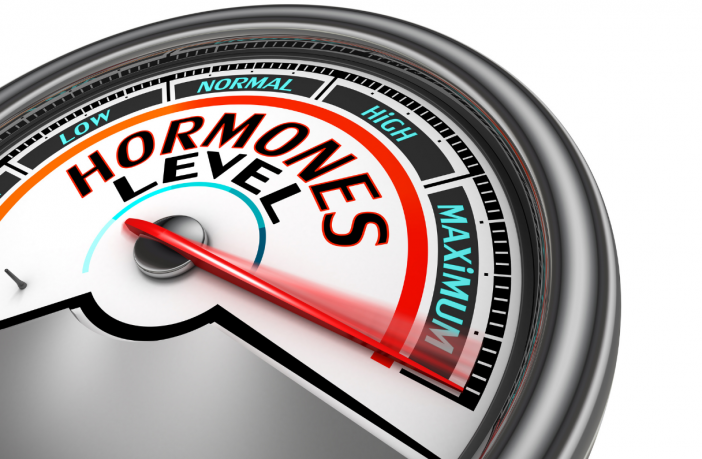BY HISSA ALSUDAIRY, MSc, RDN
Balancing your lifestyle and hormones is key to achieving your health and fitness goals. Hormone imbalance, if not under control, may lead to the onset of unwanted health complications and or development of disease. Let this article be your guide in keeping that harmony in your body.
Hormones are the body’s vital signaling chemicals produced by the endocrine system. These important chemicals circulate via the bloodstream in order to send messages to various tissues and organs for biological functions to occur.
There are several lifestyle factors that can have a great impact on hormone production and regulation. It is important to note that even the slightest of changes in life can cause a hormonal imbalance, which may lead to uncomfortable symptoms.
Lifestyle Causes for Hormonal Imbalance:
- Insufficient sleep
- Stress and poor stress management
- Excessive intakes of refined sugars, trans fats, and or caffeine
- Over exercise (not taking rest days for muscles to recover)
- Skipping meals or irregular meal times
- Overeating or under eating
- Emotional distress
- Dehydration
Signs and Symptoms of Hormonal Imbalance:
- Irritability
- Insomnia
- Insulin resistance
- High or low blood sugar
- Frequent urination
- Irregular or loss of menstrual cycles
- Very dry or oily skin, breakouts and or acne
- Weight gain especially in the midsection (“stress belly”)
- Difficulty losing weight
- Prominent facial hair for women (especially along the jawline)
- Digestive complications
- Constipation
- Water retention
- Inflammation
- Puffiness
- Hair loss
Living a balanced lifestyle is important for overall health, fitness, and wellness. The lack of balance in your everyday life can send a cascade of adverse hormonal reactions that affects your physical, mental, emotional and biochemical state of well-being. Hormonal imbalance occurs when the body makes too much or too little of a certain hormone.
Fortunately, some hormone imbalances can be managed through simple dietary and lifestyle practices. The following lifestyle tips may help improve hormone balance.

The Importance of Nutrition and Hormone Balance
Regular meal times provide the body a steady supply of energy and nutrients and is ideal for keeping hormones centered. When the body is deprived of enough calories, vitamins, minerals, and water, the body will function at a compromised state which may lead to hormonal imbalance.
If you are trying to lose weight, reduce calories gradually. Severe calorie restrictions place the body under a level of stress, causing spikes in cortisol (a stress hormone), which in turn amplifies the need to store fat. Chronically over consuming calories, especially in the form of refined sugars and trans fats, may lead to unhealthy weight gain and possible development of insulin resistance. Insulin is a hormone important for shuttling energy in the form of glucose (sugar) into the cell. Insulin resistance is when the cells no longer respond to insulin. This inability to enter the cell, deprives your body of energy and causes glucose to stay in the blood causing high blood sugar levels. Consistently high blood sugar levels may lead to health complications such as diabetes.
The following tips are helpful in maintaining hormone balance:
▪ Focus on whole food sources of carbohydrates that are rich in fiber such as fresh fruits, vegetables, and whole grains (brown rice, quinoa, brown bread, etc.) The natural fiber in whole foods helps reduce rapid spikes in blood sugar that normally occur when consuming foods that are highly processed and stripped off of key nutrients.
▪ Include healthy fat sources such as olive oil, avocado, nuts, and seeds to improve satiety, slow down digestion and maintain blood sugar levels.
▪ Consuming adequate lean protein helps produce hormones that suppress appetite and help you feel full longer. Include a minimum of 20–30 grams of protein per meal.
▪ Hydrate with water and some herbal or green tea, and limit coffee to 1-2 cups early in the day to give your body enough time to metabolize the caffeine.
▪ Limit excessive intakes of highly processed foods that contain refined grains, sugar, hydrogenated oils, trans fats, fried foods, artificial additives, colors and preservatives.
▪ If you consume animal products, make sure they are labelled hormone free.
▪ Avoid storing food or water in plastic containers. Plastic, if exposed to hot temperatures, can release harmful chemicals that may disturb hormone balance.
▪ Limit the use of microwaves.

Getting Enough Good Quality Sleep
Sleep is so important for the body to rest and recover from all its functional duties. Allowing for cells and tissues to heal, rebuild and restore supplies in order to take on the new day. If we deprive our body of sleep, the lack of recovery will place the body under stress and increase inflammation. The hormone responsible for sleep is melatonin, and it can be disrupted by stress hormones, blue-light, and unhealthy foods.
Sleep requirements and strategies to help improve your sleep cycle to aid in hormone health:
▪ Obtain 7-9 hours of quality sleep. Allowing your body to complete all sleep cycles will also assist in hormone balance.
▪ Sleep and wake up around the same time each day
▪ Avoid blue-light emitting electronics and bright house lights 2 hours before bed. Try to dim the lights to the lowest settings to help the natural development of melatonin, which is a sleep hormone. Again, being able to relax will help reduce presence of elevated cortisol levels which can block melatonin production.
▪ Avoid caffeinated beverages 6 hours before bed.
▪ Build a nighttime and morning routine. Being able to ease into the start or end to your day is helpful for transitional hormones to level out. Having a morning routine especially will help reduce that stressful rush out the door, which can then raise harmful cortisol levels.

Stress is No Stranger to Anyone
Stress can truly wreck havoc on our health, especially for hormone regulation. Stress causes adrenaline and cortisol hormones to rise. Adrenaline is known as the flight or fight hormone, causing the body to react quickly to avoid danger in order to stay alive. It triggers a cascading response to increase heart rate, constrict blood vessels, channeling blood to muscles and tissues. Cortisol in small amounts has a protective purpose as well but unlike adrenaline, cortisol can be chronically high if we don’t have effective ways to manage daily stressors. Cortisol normally increases in order for the body to wake up from sleep. High levels of cortisol at the wrong time however can disrupt sleep by blocking the enzymes that produce the sleep hormone melatonin. Therefore, it is important to engage in stress reducing techniques to reduce cortisol.
De-stressing techniques:
▪ Engage in fun and relaxing hobbies
▪ Go for a nature walk at your favorite trail or park in the DQ
▪ Listen to soothing music
▪ Do regular exercise and try to practice yoga
▪ Getting enough sunshine helps with releasing feel good hormones like serotonin and dopamine
▪ Treat yourself to some self care and relaxation at your favorite DQ Spas
If you find that you are having complications with some of these symptoms, consult your physician or endocrinologist (hormone health specialist). If you need more information regarding a diet plan for hormone balance or other nutrition related inquiries, please feel free to contact me at Alkaff Clinics to arrange an appointment for a consultation.
Hissa AlSudairy, MSc, RDN
Chief Clinical Registered Dietitian Nutritionist
Alkaff Clinics, An Nuzhah, Saudi Arabia
Saturday-Wednesday – 1:00 PM – 9:00 PM
Thursday – 10:00 AM – 2:00 PM
Contact No.: 011-245-4545 / WhatsApp: 059-985-8729
Email: hs@alkaffclinics.com
Instagram: @Dietitian_gcc & @Alkaffclinics




